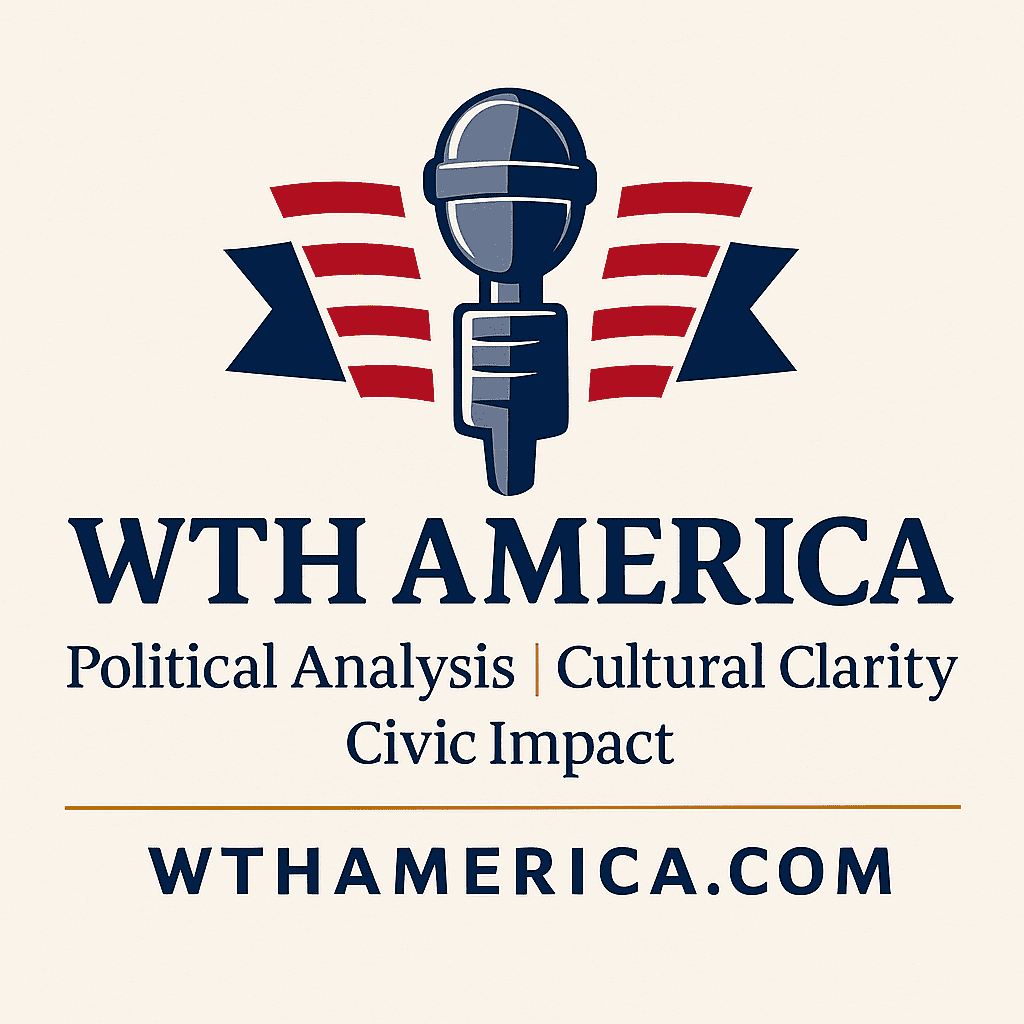
Acknowledgments
May 13, 2025
Elon Musk Lands Major Saudi Deal After Joining Trump Visit
May 13, 2025
Less than twenty-four hours after Liberal prime minister Mark Carney won Canada’s recent federal election, Danielle Smith, premier of the western province of Alberta, declared herself unhappy with the result. Less than a week after that, she unveiled a plan for Alberta to separate from Canada through a referendum.
To American observers, this might seem like a bizarre turn. After all, Carney’s electoral success has, quite rightly, been attributed to a surge in Canadian patriotism. Canadian voters were justifiably anxious about American president Donald Trump’s tariffs and his threats about turning Canada into the “51st state.” A plurality decided that Carney was the best choice to “stand up to the bully.”
In the midst of this pro-Canada wave, Premier Smith and members of her ruling United Conservative Party (UCP) government have stood apart. They argue that the new prime minister and his government in Ottawa pose a greater threat to Alberta than Trump and his administration in Washington.
The contrast has been stark: while most other provincial premiers were saying “elbows up” and rallying around the Canadian flag, Smith was flying to Mar-a-Lago, polishing her credentials at PragerU fundraisers, and cosplaying as a Republican governor (her stated favorites being Ron DeSantis and Kristi Noem).
Why is Smith so out of step with other Canadians — including the majority of Albertans who oppose separation? The short answer: the UCP leadership sold their souls to MAGA, or at least its Canadian counterparts, in order win political power.
The roots of the problem go back May 5, 2015, when Alberta’s traditionally dominant Progressive Conservatives (PC) were toppled in a historic upset by the left-leaning New Democratic Party (NDP). It was the NDP’s first-ever provincial win — and it happened because the conservative movement had fractured.
On one side were the long-dominant PCs, who had ruled oil-rich Alberta for forty-four uninterrupted years; on the other, the upstart Wildrose Party, backed by MAGA-style activists and oil companies eager for lower taxes and fewer regulations. Inspired by Fox News and the US Tea Party, Wildrose split the conservative vote, allowing the NDP to sneak up the middle.
For many Alberta conservatives, the NDP victory was a personal affront. The shock of losing power led to a lightning-fast merger between the PCs and the Wildrose to form the UCP, which defeated the NDP in 2019 and again — narrowly — in 2023. But conservative unity came a price: de-facto control of the new party shifted to its increasingly radical “Maple MAGA” wing.
As with Republicans in the United States, the pandemic deepened the UCP’s extremism. Premier Jason Kenney, the party’s founding leader, was forced out for the “sin” of taking COVID somewhat seriously. He was replaced by Smith who sidelined unpopular public health officials during the pandemic and appealed to the UCP’s angry base.
Like her predecessor, Smith has attempted to keep her coalition together by stoking resentment toward Ottawa. She claims the federal Liberals are “anti-energy” — despite the fact that Justin Trudeau’s government spent $34 billion in public funds to expand a pipeline that delivers record profits to Alberta’s oil companies.
This anti-Ottawa strategy has worked so well that when Trump floated the idea of turning Canada into the “51st state,” many of the UCP’s base — already primed to see the federal government as the enemy — began to view separation from Canada as the next logical step in defending Alberta’s interests. According to polling from Angus Reid, about a third of Albertans are open to the idea — but among UCP voters, that number jumps to 65 percent.
In a recent interview, Smith admitted that the main reason she’s now openly facilitating a referendum on separation is because “if there isn’t an outlet, it creates a new party.” In other words — in the “never again” spirit that led to the merger of old PC and Wildrose parties — Smith would rather risk splitting up the country than splitting the conservative vote in Alberta, which could allow the NDP to win another election.
To make matters worse, a new “Republican Party of Alberta,” has emerged. In the wake of Smith’s televised address on secession, the Alberta Republicans launched a well-funded province-wide campaign of social media ads, telephone surveys, and door-knocking to push their arguments about why Alberta should leave Canada.
Who is funding this work? Is the Alberta Republican Party a genuine political force — or an astroturf operation aligned with the UCP? Are there connections to American MAGA networks? Could foreign actors be looking to ride the wave of Maple MAGA populism for access, contracts, or influence?
These questions may seem speculative, but the context makes them worth asking. With billions of dollars at stake in Alberta’s oil sands, the potential for outside interests — foreign or domestic — to exploit political volatility for profit is very real. But one thing is clear: this is not a drill. It’s a real threat to the future of the Canadian federation.
If there is a silver lining, it’s that the threat of separatism has galvanized non-UCP Albertans — particularly First Nations groups and the labor movement.
The leaders of all of Alberta’s treaty organizations, along with the chiefs of many individual band councils, have sent letters to Smith making the case that no Alberta government has the right to secede from Canada without the consent of indigenous peoples. Doing so, they argue, would be a violation of the treaties signed between indigenous groups and the Crown.
Meanwhile, delegates at the Alberta Federation of Labour’s recent convention unanimously endorsed a statement pledging to fight any and all attempts to pull Alberta out of the country they “love, honor, and cherish.”
Workers and unions in Alberta oppose separation for several key reasons.
First, they understand that the UCP’s promotion of separatism is the worst kind of cynical politics — a ploy to protect the partisan interests of Alberta’s governing conservative party, not to serve the broader public interests.
Second, they recognize it as a distraction tactic, aimed at drawing attention away from the UCP’s many policy failures and scandals — most notably the unfolding “CorruptCare” scandal, in which Smith’s government has handed out multimillion-dollar sweetheart contracts to party insiders working to cannibalize and privatize Alberta’s public health care system.
Third, they know that the profound anxiety and uncertainty associated with debates on separation will drive away investment and kill jobs in Alberta — just as it did in Quebec during the independence referendums of 1980 and 1995.
Fourth, they understand that an independent Alberta, smaller and less economically viable, would struggle to maintain current levels of public services that Alberta workers and their families depend on — including health care and education, which are already among the lowest funded in the country. An independent, UCP-led Alberta would likely be unwilling, and perhaps unable, to offer equivalent national programs like the Canada Pension Plan (Canada’s version of Social Security) or universal social programs like public dental care, pharmacare, and childcare.
Finally, Alberta unions and the workers they represent oppose separation because they understand that it would likely lead in short order to annexation by Trump’s America.
Albertans also recoil at the prospect of becoming part of country where democracy is eroding in real time; where union rights have been stripped from hundreds of thousands of public sector workers; where the rights of women, immigrants, and members of minority groups are being systematically upended; where science and progress are being stifled; where denial of climate change, COVID, and international human rights covenants have become standard operating procedure; and where billionaire plutocrats (including the president himself) are in the process of replacing a cruel “trickle-down” economy with an even crueler gangster economy.
So, while there is fear and anxiety about the prospect of Alberta separatism, there is also a growing sense of resolve. Smith and the UCP may have picked this fight for cynical self-serving reasons — but there is a growing determination among indigenous people, workers, and other non-UCP Albertans to finish it.
They believe that Canada is worth fighting for — and they have made it clear that they won’t rest until the threat posed by Maple MAGA is neutralized.
Great Job Gil McGowan & the Team @ Jacobin Source link for sharing this story.







